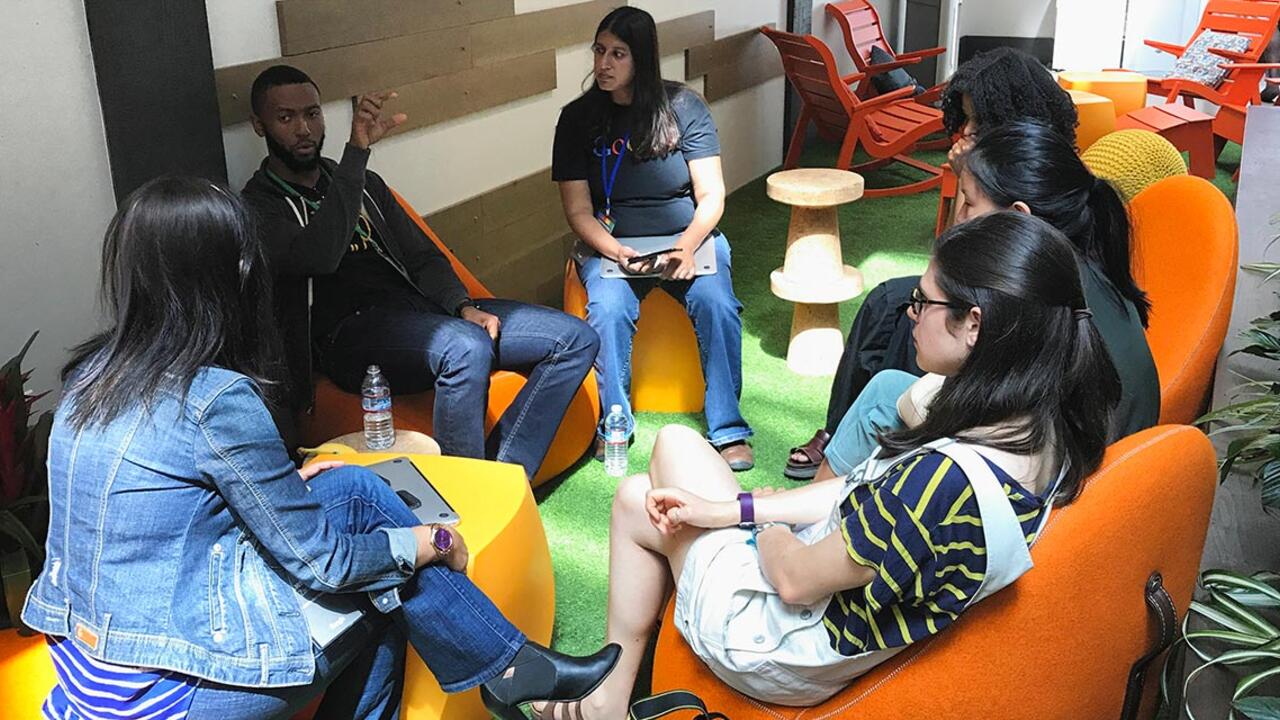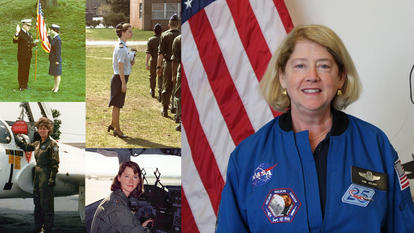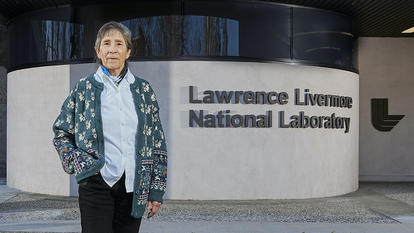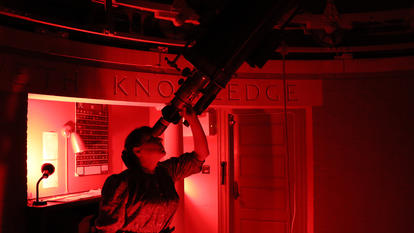A Wellesley Student’s Discovery of Her Disability Opens a Dialogue on Diversity and Inclusion in Computer Science

Jessica Abramson ’19 had always been a good student, but her first semester at Wellesley, sitting through lectures, became a gigantic struggle.
Abramson, a computer science and psychology double-major, recalled. “I started to dread going to class, especially computer science, which was totally new content for me. Every day I would promise myself I’d pay attention, and then I’d give up, sometimes within the first five minutes.”
Abramson says she’s had difficulty regulating her attention for as long as she can remember, but it didn’t hinder her academics until she came to Wellesley.
“I had good coping mechanisms,” she explained in a recent interview. “I’ve carried around Silly Putty to fidget with since middle school, and I was good at paying attention only when I needed to, but in college those demands are a lot higher.”
At Wellesley, the pace quickened. Content was less repetitive. Abramson’s life as a student became extremely stressful. “I wouldn’t learn the content in class, so I would have to teach it to myself right before the exam,” she said, adding, “I would barely pull it off, over and over again.”
Abramson wondered if she had a disability. “I was ashamed by how much I was struggling, so I didn’t want to ask for help, and sometimes when I did ask friends for advice, they told me it was impossible for someone as smart or successful as me to have a disability. I think that’s one of the biggest misconceptions about disabilities, that there’s some limit to the intelligence or achievement of people who have them.”
Abramson reached out for help. A statement on Wellesley Disability Service’s website encouraged her to seek a thorough neuropsychological evaluation during the break between fall and spring semesters of her freshman year. Abramson received a diagnosis: attention deficit hyperactivity disorder, or ADHD.
“I felt relieved, because the diagnosis validated my concerns,” said Abramson. “But being diagnosed was also somewhat isolating. It’s hard to be in a classroom and wonder if everyone else is having an easier time learning.”
Even so, Abramson says she doesn’t believe having ADHD poses limits on her future. “In a way, having ADHD is one of the strengths I bring to a team or classroom. Struggling has helped me grow as a learner, and some of my ADHD symptoms meld into my aptitudes. I’m curious. My brain gobbles up information. I love the way I think, and having ADHD is one part of that.” Abramson believes people with disabilities on college campuses are somewhat misunderstood.
With her new awareness, Abramson wondered about other students who might also feel isolated or alienated from the larger student population based on differences. “It’s always hard to feel like you’re the only one with some identity,” explains Abramson.
In March she organized a department-wide talk for students with disabilities in the computer science department. Fifteen students attended. “We talked and learned we had similar feelings and similar experiences,” she said, adding, “It was a bonding moment. We realized we weren’t alone.”
She also organized a survey to gain a better understanding of the experiences of students from her four target groups. She said 180 students enrolled who had taken at least one computer science course responded.
On a separate front, Abramson learned of the Google Lime Scholarship for Computer Science Students with Disabilities. Timing was perfect. The organization’s mission statement says its goal is to “break stereotypes and lead all companies to realize the importance, and value, of employing people with disabilities at every level of education, talent, and ability.”
It awards a $10,000 scholarship, access to a professional network, and career development activities. Abramson applied and was selected. Recently, she attended a retreat at Google Headquarters in Mountain View, California.
Susan Lang, president and chief executive officer of the Lime Connect Fellowship Program, said Abramson was one of 13 students chosen from a pool of 342 applicants. “Our goal is to rebrand disability through achievement, and Jessica is a superior student from a superior school,” said Lang.
Meanwhile, here at Wellesley, Brian Tjaden, professor of computer science and chair of the department, said Abramson’s work has opened a dialogue from which administrators and faculty will continue to address student concerns in the coming year.
“Inclusion is a priority for us as it is for the entire college,” said Tjaden. “Jess took the initiative and shared with us the feedback she received from our students. Moving forward, we will continue with what we are doing well and look at how we can improve,” he said.



